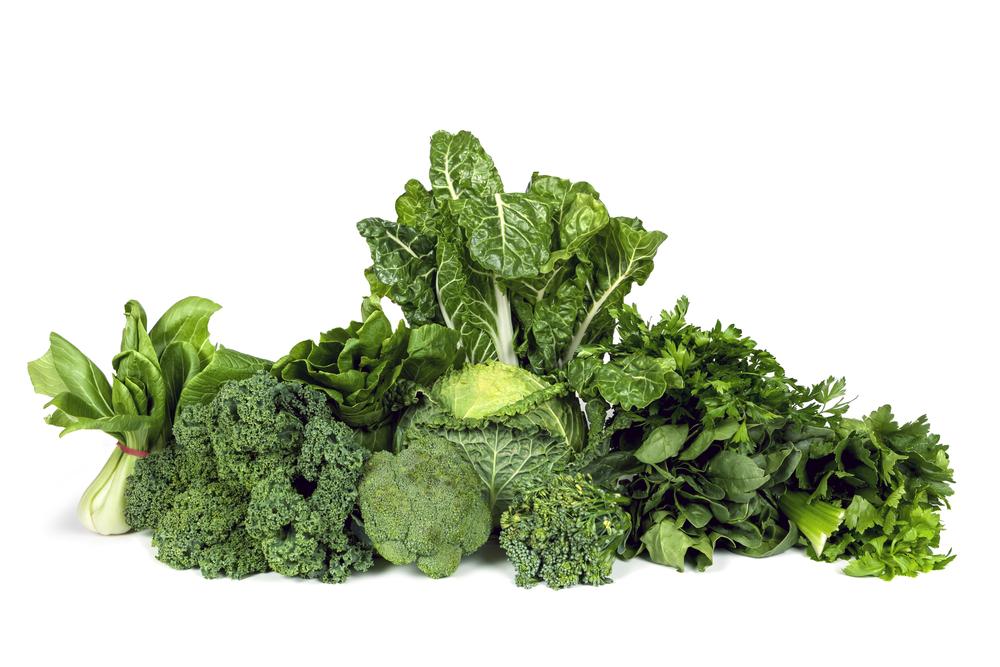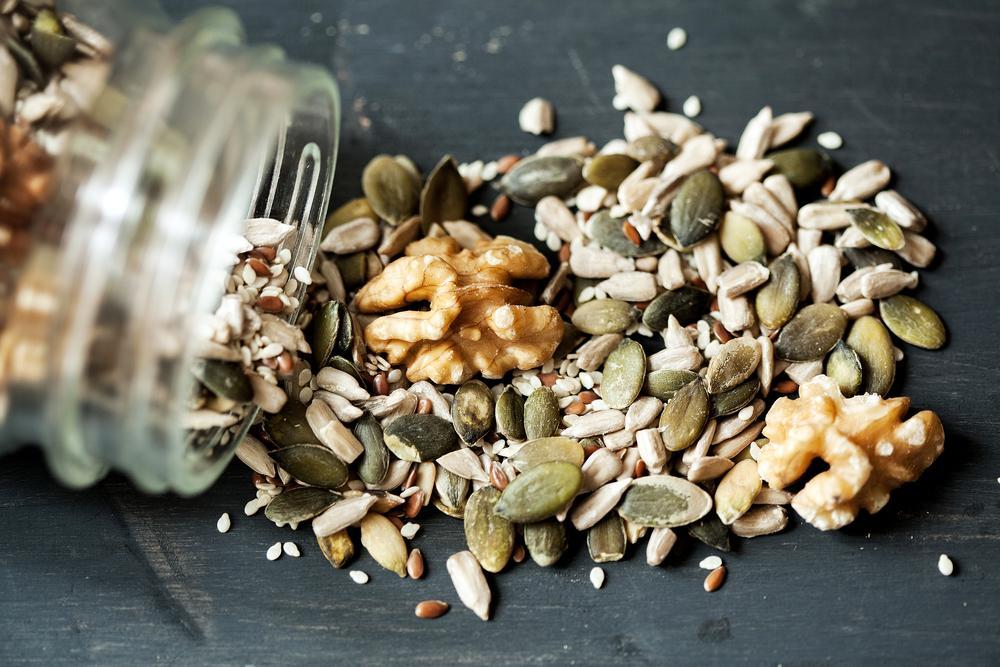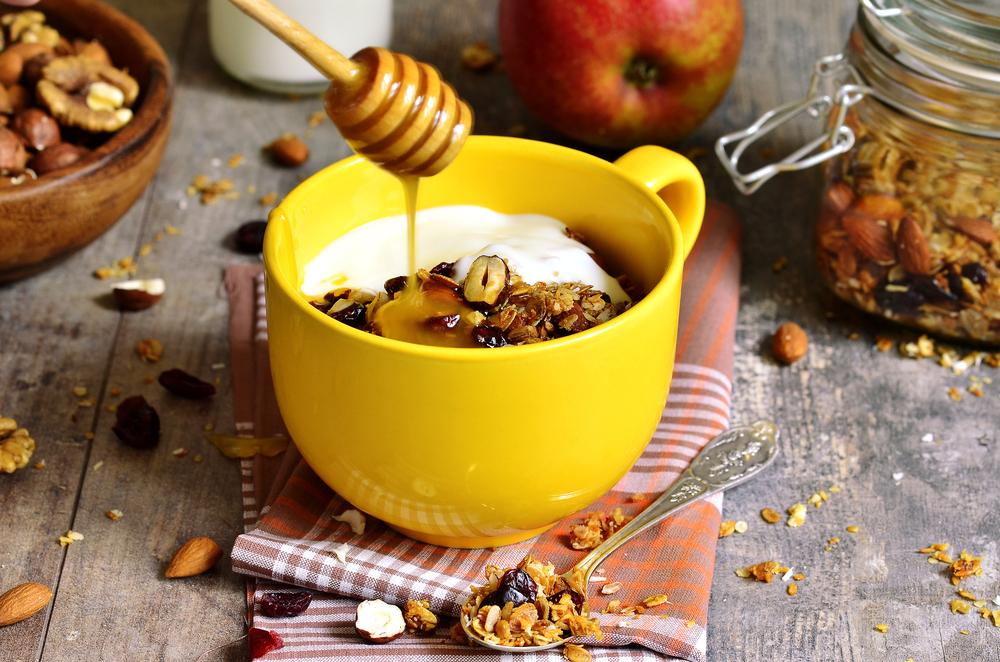While going veggie can have many benefits—both for yourself and for the environment—it can sometimes be hard to make sure you’re getting the proper nutrients. In a meat-based diet, meat is the primary source for a lot of the nutritional values our bodies need—such as iron and protein, so it’s essential when switching to a vegetarian diet that you are finding new sources for these nutrients. Of course, there are always supplements and vitamins you can take that will help, but nothing is better than getting it straight from the source!
Tofu
Tofu is the most obvious food to start eating as a substitute for meat. It can be prepared in a similar manner and holds its firmness when you sauté or grill it, so it’s really not too much of a change in routine when switching to a meatless life. Tofu is a great food to get your protein, zinc, and iron from, and also has omega-3 fatty acids, which lower cholesterol. Look for a calcium-enriched variety to get about one-third of your daily recommended dose of calcium and about 30% of your daily vitamin D with just a half cup serving.
Nuts
Nuts are an excellent source of protein as well as fats. Though usually people tell you to avoid fats, the right kind of fats are actually essential to a healthy diet. Without fatty acids, your body doesn’t absorb the vitamins that it needs, and nuts are full of these healthy fats. Protein is needed to keep you strong and help your muscles grow. Lack of protein is one of the biggest concerns about cutting out meat, with the fear that no meat will leave you weak and frail, but nuts pack a big protein punch! And it’s not like you just have to sit around eating nuts all day—nuts make a great addition to any salad or stir-fry, or go for a nut-loaded brownie if you’re feeling like you need a cheat day!
Greens
Green veggies like kale, spinach, and bok choy are ranked very high on the ANDI scale (Aggregate Nutrients Density Scale), a ranking system that scores food based on nutrient content. They’re very good sources of iron, which is something women in particular have to make sure they’re getting enough of. They’re also high in antioxidants, folic acid and vitamin A, and even have some calcium. To better absorb all the iron these greens have to offer, prepare them in dishes that are high in vitamin C. Add carrots or mandarin oranges to a salad, or sprinkle your greens with some olive oil or lemon when you’re cooking them.
Lentils
Lentils, as part of the legume family, are also a great source of protein, as well as fiber. Though they’re similar to beans in nutritional value in many ways, lentils have about twice as much iron as beans, and have a lot more of most B vitamins. They’re also easy to slip into many dishes you might already be preparing, like soups, curries, stews, chilis or casseroles.
So don’t be intimidated when switching to a vegetarian diet, it’s so easy to stay healthy without meat if you just keep these nutrient rich foods in mind!






Leave A Comment